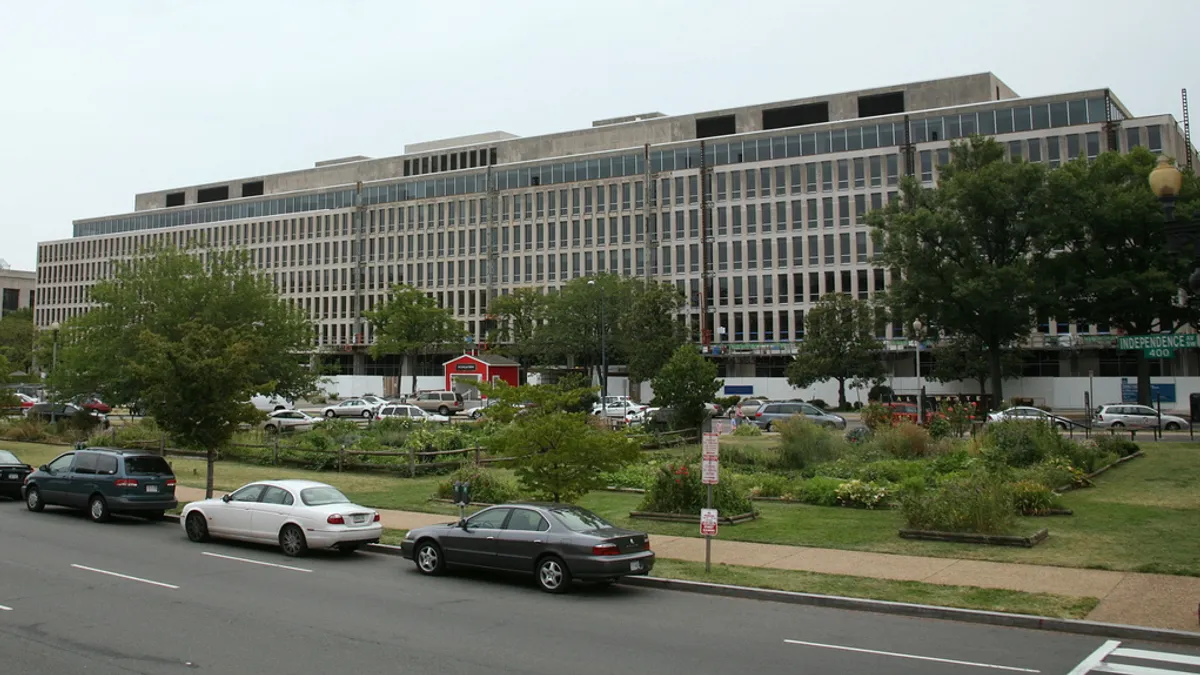Dive Brief:
-
Four states will be exempted from certain federal statutes or regulations under an Every Student Succeeds Act program that allows such flexibility, the U.S. Department of Education announced Friday.
-
Massachusetts, North Carolina, Texas and Vermont have been approved for the Education Flexibility Program. “We are committed to shifting control over education decisions from Washington back to where it belongs: in the hands of state and local education leaders who know what’s best for their students and communities,” said U.S. Secretary of Education Betsy DeVos said in a press release.
- Massachusetts will apply the flexibility toward teacher recruitment and licensure; North Carolina plans to focus on class size, the school-year schedule and funding; Texas will use its flexibility around staff development, teacher certification and attendance; and Vermont plans to focus on long-term improvement.
Dive Insight:
Also known as Ed-Flex, the program is intended to give states with “strong accountability safeguards” the freedom to implement initiatives or reforms that might conflict with ESSA. States don’t receive any funding through the program.
The program continues the practice under the Bush and Obama administrations — and No Child Left Behind — of granting waivers from federal education regulations.
In Massachusetts, for example, the approval for the program "continues a flexibility that we have had for decades," explains spokeswoman Jacqueline Reis. Among other uses, the flexibility, she said, allows districts to serve more "at-risk" students with federal funds, gives districts freedom to spend money across fiscal years and helps districts track students' disproportionate access to inexperienced, out-of-field or low-performing teachers.
During the Obama administration, there were strings attached to such waivers — states had to tie teacher evaluation to student achievement in order to receive flexibility.
Under ESSA, however, states have more freedom over their teacher evaluation systems. And analyses show that many have moved toward limiting or completely removing achievement data from their evaluation systems — a trend that some refer to as a “retreat.”








 Dive Awards
Dive Awards





